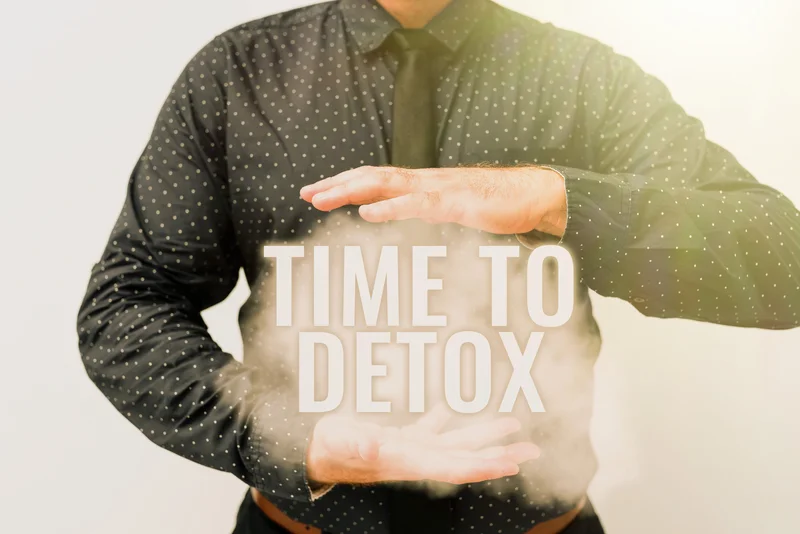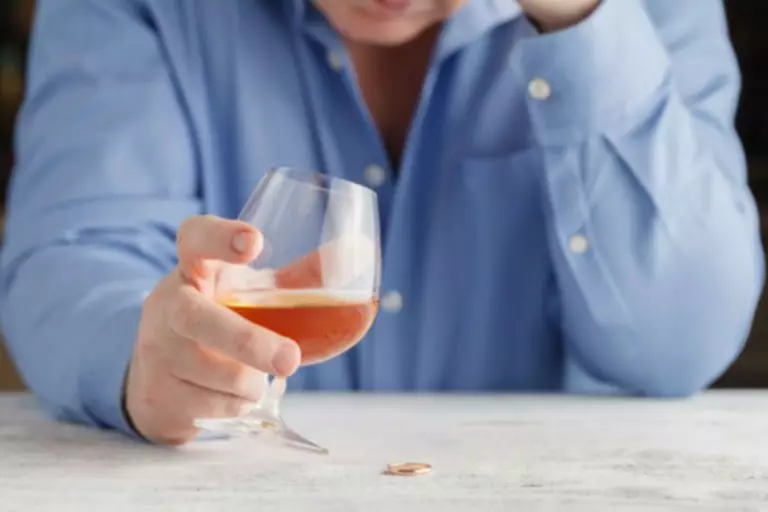
It is important to anticipate and avoid these incidents in order to maintain sobriety. Remember, developing an effective relapse prevention plan requires dedication, self-awareness, and a commitment to personal growth. By incorporating these steps, you can significantly increase your chances of sustaining long-term sobriety and leading a healthier, happier life. High-risk situations increase relapse likelihood for individuals in recovery. It is crucial for individuals to identify and understand these high-risk situations in order to effectively manage and prevent relapse.
Support from United Recovery Project
By recognizing these situations, individuals can develop personalized strategies and coping mechanisms to manage or avoid these triggers altogether. In sum, combining reliable support networks with effective coping skills significantly boosts the chances of maintaining long-term sobriety. This integrated approach addresses emotional and circumstantial challenges, ultimately reinforcing resilience and fostering a sustainable recovery journey. Additionally, tools such as relapse prevention plans—where triggers are identified and alternative responses are developed—play a crucial role. Skills like urge surfing and the HALT method (Hungry, Angry, Lonely, Tired) help individuals recognize internal triggers and respond constructively. Techniques such as mindfulness meditation, deep breathing exercises, journaling, and engaging in hobbies foster emotional regulation.
The Glamorization of Past Drug Use
Having self-confidence is necessary but becoming over-confident often results in a reduction in recovery activities and less attention to warning signs. Many newcomers report that their initial lack of strong urges to use caused them to believe they were “cured” and no longer had to take their disease seriously. Many drug addiction people identify undesirable emotions such as anger, sadness, and loneliness as major using triggers. Our staff are highly trained with dual mental health and substance use licensing. Our medical staff includes an ASAM certified addiction psychiatrist & an addiction-trained primary care physician.

Reset Your Mind: Benefits of Inpatient Mental Health Care
One helpful method is engaging in visualizations, such as imagining thoughts as “leaves on a stream,” which promotes non-reactive observation of cravings. At Northpoint Recovery, we offer personalized addiction treatment plans that help you through the early stages of recovery and include relapse prevention plans. Our team is dedicated to guiding you through every step of your journey, providing the support you need to maintain long-term sobriety. Whether you’re in recovery or supporting someone who is, understanding and identifying personal triggers can make a big difference. If you or a loved one is struggling relapse triggers list with drug abuse triggers or needs help developing a plan to manage drug relapse triggers and cravings, reach out to us today. Recovery from addiction is not merely a destination but rather a lifelong journey that requires continuous effort.
Building Effective Prevention Strategies
- Each of these states can significantly impact an individual’s emotional and physical well-being, leading to heightened risk of relapse.
- Self-talk is a powerful tool and a valuable coping mechanism if you encounter one of your triggers during your daily life.
- First, immediately reach out to your support system rather than hiding the slip out of shame—secrecy invariably worsens the situation.
- While relapse is definitely a concern, we want to reassure you that relapse does not have to be part of your story.
- Triggers are social, environmental or emotional situations that remind people in recovery of their past drug or alcohol use.
- The final stage is succumbing to temptation and engaging in drug or alcohol use again.
Excessive stress is another critical factor that overwhelms individuals in recovery, making them more likely to turn to substances in search of relief. Additionally, personal or professional setbacks present a considerable emotional challenge, thus increasing vulnerability to relapse. Some studies have indicated that mindfulness-based relapse prevention skills can be an effective way to deal with emotional triggers. But there are typically two kinds of friends who may be external triggers for drug or alcohol use.
- AAC operates treatment centers throughout the United States, provides the complete continuum of care, and offers evidence-based therapies and individualized treatment plans.
- Discussing potential triggers in recovery groups can also lead to practical strategies and accountability, enhancing your resilience against relapse.
- These symptoms can lead to cravings and an increased likelihood of relapse, as people may seek relief through substance use.
- The absence of a robust support system further heightens the susceptibility to relapse.
- The relapse prevention focus at 12 South Recovery helps clients understand this distinction between a slip and a return to active addiction, supporting rapid recovery course correction when needed.
- Internal relapse triggers get less attention than external factors, but they can be just as powerful.
The Impact of Stress on Emotional Relapse
While negative feelings are known to be triggers, it’s important to know that positive feelings can be as well. When you want to celebrate or have fun, you may be tempted to get high or drink. By recognizing your triggers and where they are coming from, you can better manage them and prevent a potential relapse. Professional treatment can help manage both the psychological and physical factors of addiction to promote recovery. A relapse is a return to drinking or drug use after attempts have previously been made to stop. Before getting to a full-blown relapse, however, a person may experience a lapse, described as the initial use of a substance after a period of recovery.1 The late addiction researcher G.

Letting Stress Build Up
Understanding the stages of relapse highlights the importance of recognizing early warning signs. Each phase requires different coping strategies to prevent slipping into substance use. Addressing relapse triggers is essential in maintaining long-term recovery. Among the main factors that contribute to relapse are overconfidence in recovery, psychological withdrawal symptoms, and feelings of isolation and loneliness. Whether it’s group therapy, peer recovery meetings, or one-on-one counseling, staying connected can provide accountability and encouragement.
It’s important to develop a healthy level of self-confidence, but humility is necessary too. If someone forgets that addiction is a chronic condition, they may be tempted to have “just one” drink, injection, https://ecosoberhouse.com/ hit or bump with the expectation that it won’t be a big deal. If you or someone you love struggles with substance use or has experienced relapse, contact our team today.
The Substance Use (Relapse) Triggers Discovery Cards include over 100 specific triggers. Developing healthy coping mechanisms is the key to effectively managing stress and anxiety. Mindfulness, exercise, and talking to a therapist or support group are all great ways to help manage stress in a healthy way. By addressing stress and anxiety head-on, you’ll be better equipped to resist the temptation of drugs or alcohol.

The Anonymous People Philadelphia Premiere

Remember that trust typically rebuilds gradually, with small steps of reliability accumulating into restored relationships. Lastly, effective relapse prevention plans should outline personal high-risk situations you’ve identified, along with strategies for managing them. It’s beneficial to create this plan collaboratively with a therapist or sponsor, ensuring that support systems are in place. Discussing potential triggers in recovery groups can also lead to practical strategies and accountability, enhancing your resilience against relapse.

Recent Comments